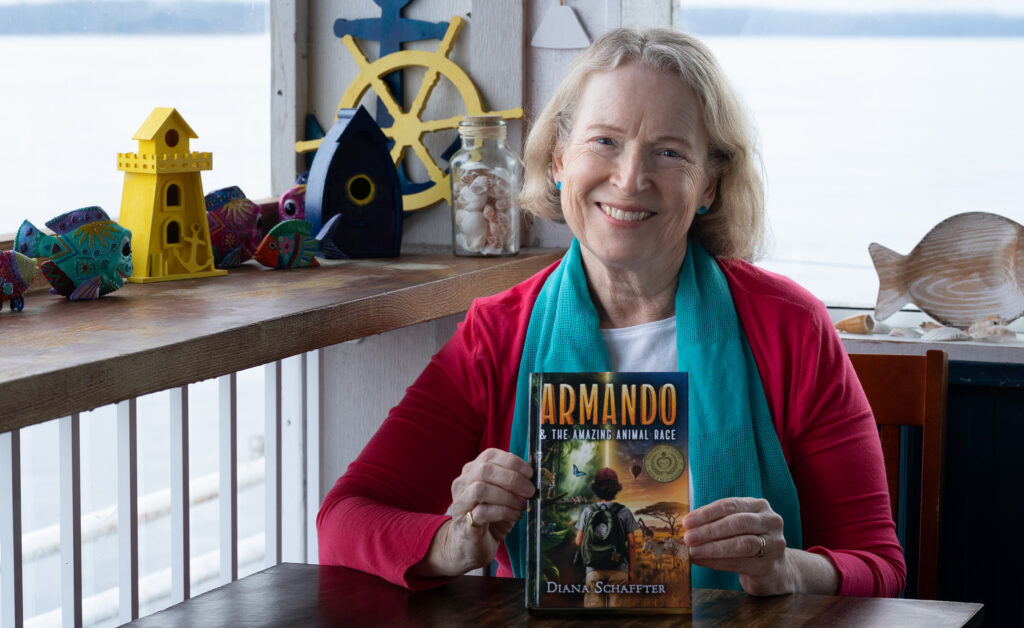by Kristen Bovee, Peninsula Naturopathic Clinic and Hydrate IV Wellness Centre –
Our environment has an immense affect on our health. Our modern-day practises of industrialization, business and farming all have an integrated link to one another. As living organisms, we are dependent on our environment to survive and as such, it’s imperative that we look at and address our effects on our environment.
One of the most significant environmental toxins that has the biggest impact on breast health are xenoestrogens. These are synthetic man-made molecules that mimic estrogen and alter the natural function of our cells.
What’s wrong with Xenoestrogens? The issues with xenoestrogens are a) they’re everywhere in our environment; b) they mimic strongly the effects of estrogen; and c) they can wreak havoc on the cells in our body that use estrogen in their function. This becomes important in women (and men) who have high risk or have breast cancer or other hormone-induced cancer (such as prostate or uterine) because they stimulate cancer cell growth.
Where are Xenoestrogens found? Many man-made products have xenoestrogenic activity. Some of the most widely used chemicals are: Parabens, Bisphenol A, phthalates, PCB’s, BHT and DDT. These products are found in skincare, industrial and home plastic items, food dyes, building supplies, fire retardants, insecticides, and herbicides. Just read some labels of your favourite household personal products; they are found in just about everything.
How can one minimize the exposure to xenoestogens? 1) Eat Organically. It is best to eat organic whenever possible. Choose pesticide-, herbicide- and fungicide-free fruits and vegetables. Minimally, peel any skins and wash produce thoroughly. Buy locally grown, in-season produce, as these tend to be less sprayed. Choose hormone free and organic meats and dairy products. The more we consume this type of food, the cheaper they will become from demand.
2) Avoid the use of Plastics. It’s best to purchase and use items that are made from a natural source. Some of my favourite alternatives to plastic in the kitchen are glass or steel containers for storing and serving food, natural storage wrap made from cloth and beeswax, and wooden cutting boards. Remember to never reuse plastic bottles and never microwave food in or around a plastic container.
3) Use only clean household and beauty products. My favourite motto when talking to people about skin care is: “if you can eat it, you can put it on your body.” Our skin is a porous organ than can absorb anything that looks hormonal. Consider using chemical-free and biodegradable cleaning and laundry products, essential oils for perfumes, natural soaps and toothpaste and avoid skin products that contain parabens.
Did you know the carbon paper we touch and handle every day from the cash register is covered in a highly absorbable estrogenic chemical? As a result, I would recommend not taking a receipt or if you can, have one emailed to you. For our kids, we can consider toys made of wood or natural cloth.
It can be overwhelming to consider significant changes in our daily lives. However, we need to start making wiser choices in what we buy, use and consume. With the rise in hormone-related cancers, it is essential that we begin to make the changes necessary for our environment to support us in health rather than being a risk for disease.




